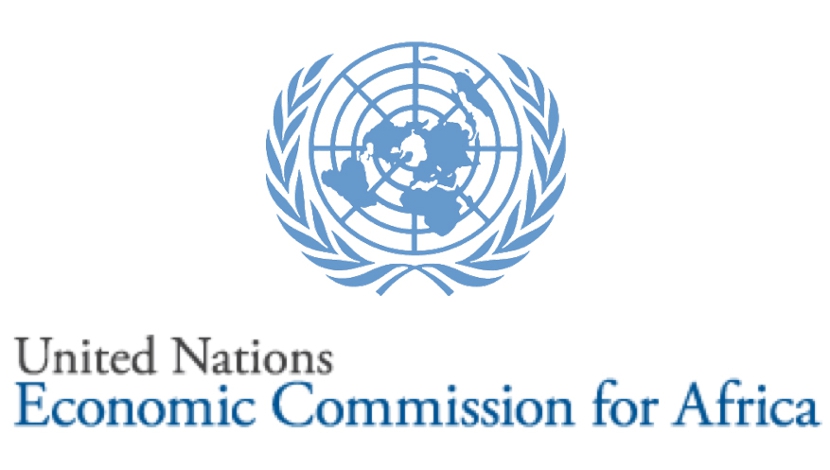

The United Nations Economic Commission for Africa (Uneca) has unveiled the Model Law, which provides a framework for the harmonisation of cross-border rules, regulations, laws and policies governing transboundary infrastructure projects in Africa.
The Model Law was unveiled at the yearly Nigerian Bar Association conference last month.
The law is expected to be adopted by African heads of State and government at the African Union’s January 2018 Summit in Addis Ababa, Ethiopia, for domestication on the continent, paving the way for additional efficiency, transparency and accountability with regard to public- and private-sector engagement in transboundary infrastructure.
The proposed law provides a means to mitigate and manage perceived risks associated with transboundary infrastructure development and bridges the existing gap between social and private benefits of such significant investments, according to Uneca.
Speaking during a panel session at the conference on transboundary infrastructure projects and regional integration in Africa, Uneca Capacity Development Division senior adviser and regional integration and infrastructure head Adeyinka Adeyemi said there were many challenges facing investment in transboundary infrastructure in Africa.
He said the main challenges were the plethora of policies, laws and regulations, which inhibit private-sector investment and curb its enthusiasm.
Adeyemi noted that Uneca had conducted a comprehensive study of risks that pertain to investment in transboundary infrastructure in Africa, adding the Model Law addressed the concerns of foreign investors and would protect the rights of investors.
The law will further facilitate private-sector investment and financing in transboundary infrastructure projects, align cross-border regulation of such projects and promote intra-African trade and open domestic markets to international trade.

